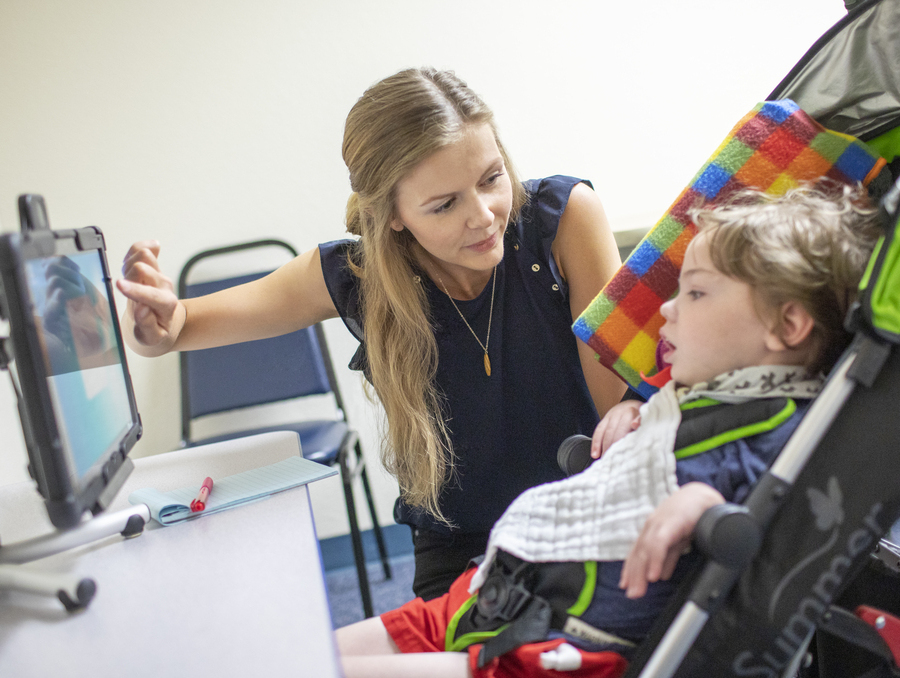 International Women's Day is March 8, 2021. In celebration of women's achievements, to raise awareness against bias, and to take action for equality, the School of Community Health Sciences (CHS) will be highlighting the work of Assistant Professor, Dr. Ann Weber. Her presentation will take place on March 8, 2021, from 1-2:30 pm PST via ZOOM. All are invited to attend!
International Women's Day is March 8, 2021. In celebration of women's achievements, to raise awareness against bias, and to take action for equality, the School of Community Health Sciences (CHS) will be highlighting the work of Assistant Professor, Dr. Ann Weber. Her presentation will take place on March 8, 2021, from 1-2:30 pm PST via ZOOM. All are invited to attend!
Dr. Ann Weber is an Assistant Professor of Epidemiology at the University of Nevada, Reno, School of Community Health Sciences. She received a Ph.D. and MPH in Epidemiology from the University of California, Berkeley. In her research, Dr. Weber aims to reduce disparities in child outcomes that arise in situations of poverty, inadequate education, and gender and racial inequality. Much of her work focuses on rigorously assessing program effectiveness in global contexts, as well as the development of new measures to assess early childhood interventions and pathways to their success. Because the goal of reducing disparities in child outcomes crosses disciplinary boundaries, so too does her research, which intersects with the fields of maternal health, nutrition, developmental psychology, education, and gender equity.
Worldwide, differential patterns of health and well-being exist for women and men, girls and boys. Although women, on average, outlive men by 2 to 4 years, girls and women tend to suffer a higher burden of disability and morbidity overall. Biology alone cannot explain these differences. Addressing the contributions of restrictive and harmful gender norms in generating sex differences in health and well-being is fundamental to achieving Sustainable Development Goal 5 ("Achieve gender equality and empower all women and girls") and to reaching other SDGs, including those related to health, poverty, hunger, education, peace, justice, and strong institutions. In her talk, Dr. Weber will discuss her work in leading a diverse set of analyses by international collaborators for the second paper in The Lancet series on Gender Equality, Norms, and Health. She will present findings from case studies that leveraged existing survey data to generate new evidence of the influence of gender norms on health disparities for women and men, girls and boys globally.
gender norms are often context-specific, demanding a deeper understanding to design effective gender-transformative policies and programs
Using proxy measures for gender norms, Dr. Weber and her collaborators found evidence that: (1) gender norms intersect with other social factors to impact health over the life course; (2) gender-normative influences by parents and peers start early and can have multiple short-term and long-term health consequences that differ for girls and boys; (3) non-conformity and transgression of gender norms can trigger harmful sanctions; and (4) gender norms are often context-specific, demanding a deeper understanding to design effective gender-transformative policies and programs.
She will also show how certain populations are either under-represented or missing in existing survey data and will argue for the urgent need for accurate and reliable data on gender and gender norms to advance gender equality and ultimately human development globally.
















